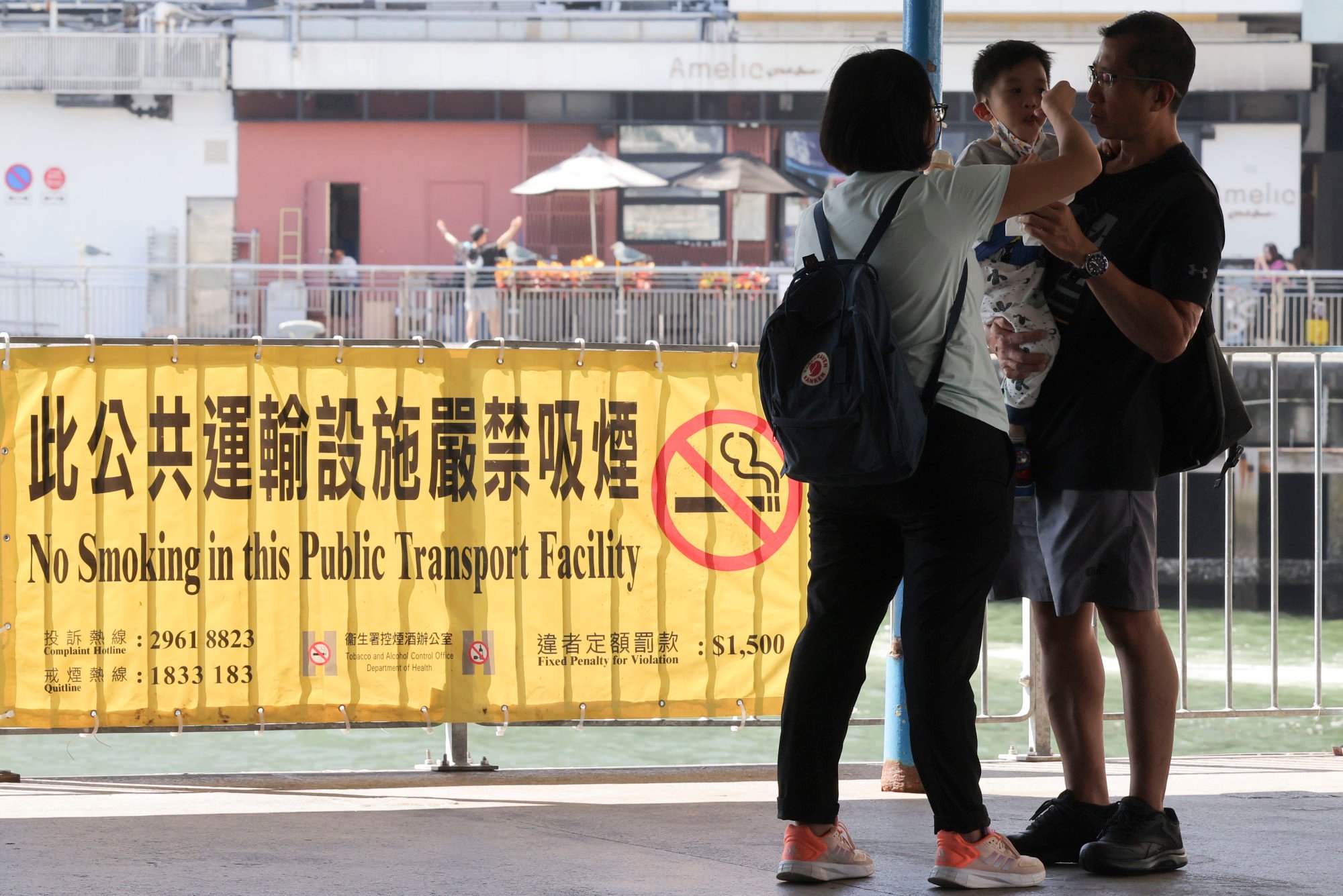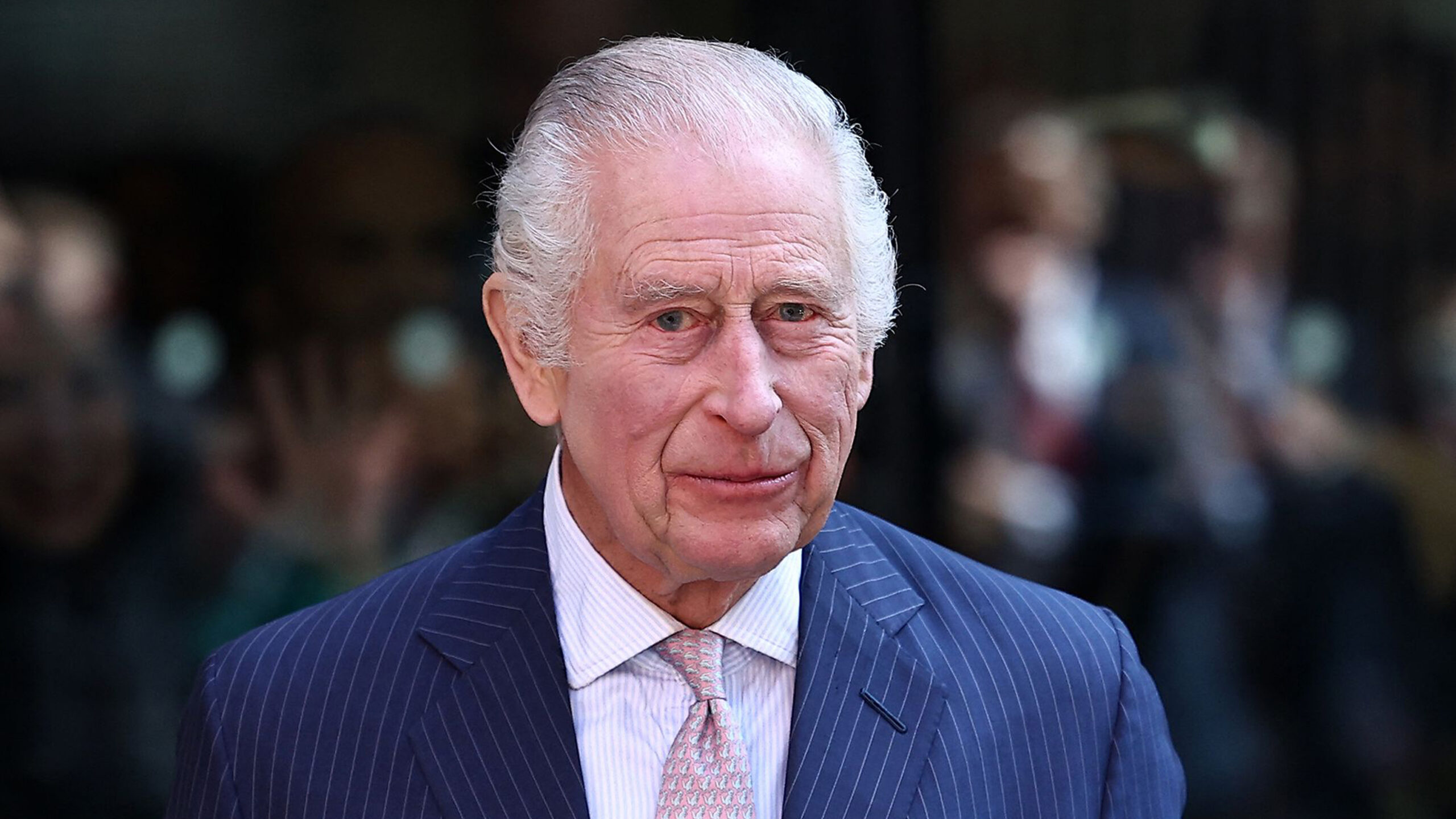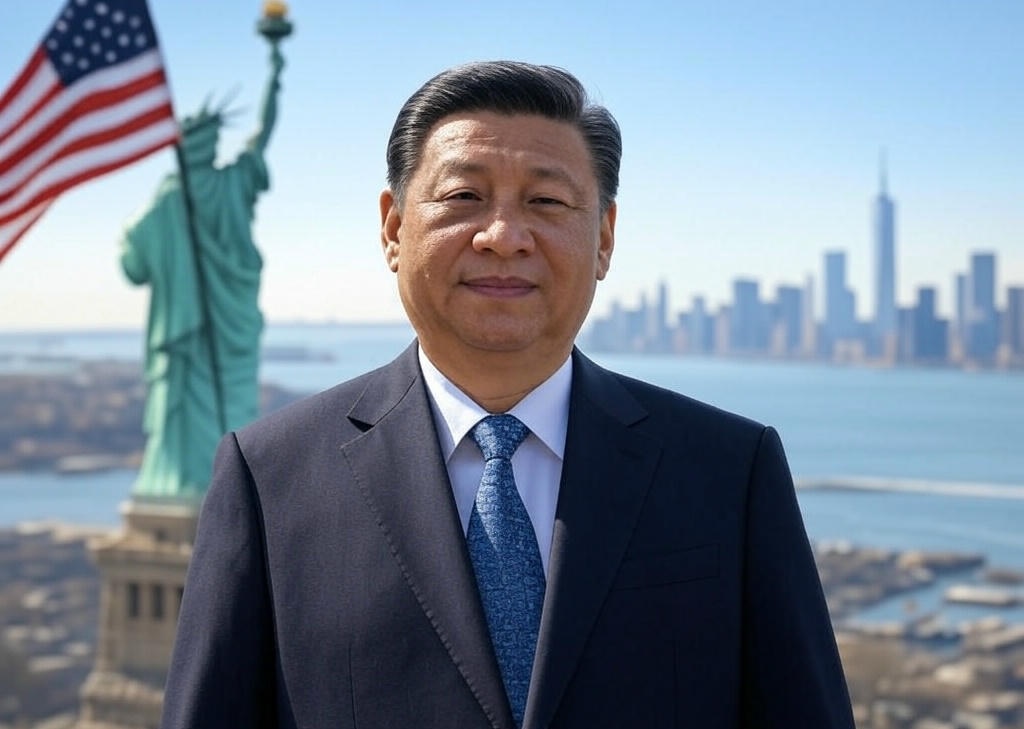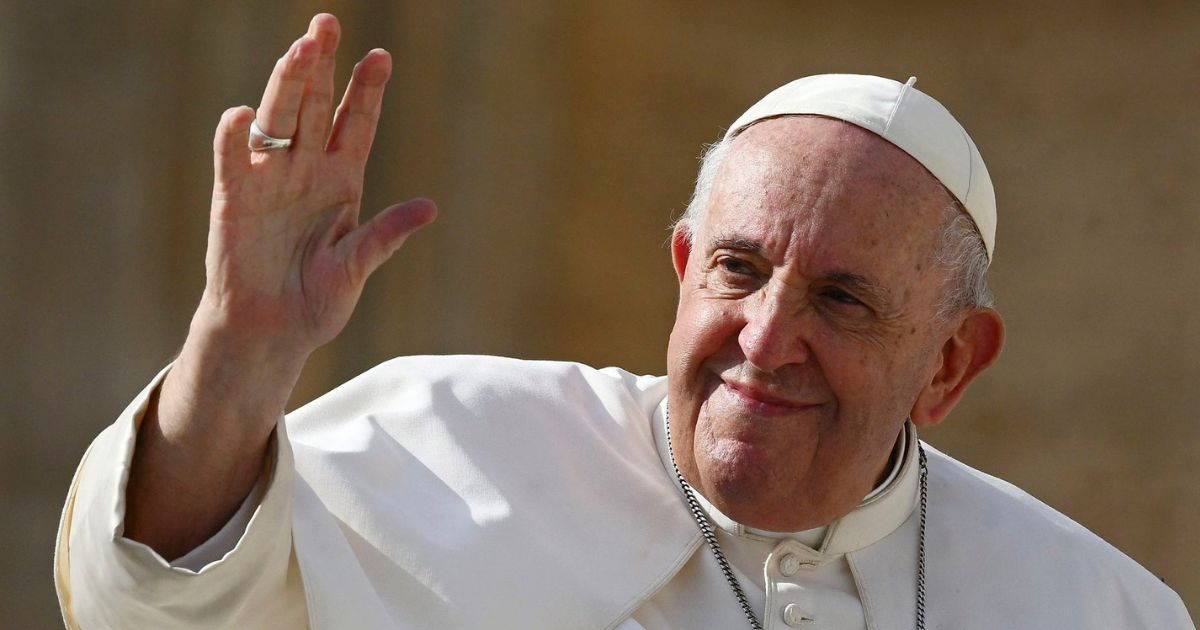The Hong Kong government has intensified its efforts to curb smoking, with the Tobacco Control Legislation (Amendment) Bill 2025 published on 25 April, outlining a series of stringent measures aimed at reducing the city’s smoking prevalence to 7.8% by the end of 2025. These proposals, dubbed the “10 Tobacco Control Measures,” include expanded no-smoking zones, a ban on e-cigarette possession in public, and restrictions on flavoured tobacco products, reflecting a multi-pronged strategy to foster a “Tobacco-free Hong Kong.”
Key Provisions of the 2025 Tobacco Control Bill
The amendment bill, set to be tabled at the Legislative Council on 30 April 2025, introduces several pioneering measures to suppress smoking and mitigate its public health impact:
- Expanded No-Smoking Areas: From 1 January 2026, smoking will be prohibited in queues of two or more people waiting for public transport, as well as outside high-traffic venues such as cinemas, hospitals, sports grounds, and public recreational areas. The fixed penalty for violating these bans will double from HK$1,500 to HK$3,000, aiming to deter public smoking and reduce second-hand smoke exposure.
- E-Cigarette Possession Ban: Starting 30 April 2026, possessing e-cigarettes or other alternative smoking products in public will incur a HK$3,000 fixed fine, with violators facing up to HK$50,000 in fines and six months’ imprisonment for serious offences. This follows a 2022 ban on the import, manufacture, and sale of such products, driven by concerns over their appeal to youth and use in recreational drug consumption, such as the anaesthetic “space oil.”
- Flavoured Tobacco Restrictions: The sale of flavoured cigarettes (excluding menthol) will be phased out starting in 2026, with a complete ban by mid-2027. Authorities cite evidence that flavourings mask tobacco’s toxicity and attract younger smokers, with 70% of smokers aged 20–29 opting for flavoured products.
- Duty-Paid Labelling System: A new labelling system for duty-paid tobacco will be introduced to combat illicit trade, with penalties for evading tobacco duty rising to a maximum of HK$2 million and seven years’ imprisonment. This aims to curb the black market, which has been a persistent challenge despite claims that illicit cigarette trading is not rampant.
These measures build on Hong Kong’s long-standing tobacco control framework, established under the Smoking (Public Health) Ordinance (Cap. 371) in 1982, which has reduced smoking prevalence from 23.3% in 1982 to 9.1% in 2023.
Public and Expert Reactions
The proposed measures have sparked mixed reactions. Health advocates, including the Hong Kong Council on Smoking and Health (COSH), praise the government’s commitment to protecting public health, noting that smoking contributes to over 6,900 deaths annually in Hong Kong. The expansion of no-smoking zones and the e-cigarette ban are seen as critical steps to shield youth and non-smokers from tobacco’s harms.
However, some smokers and X platform users have criticised the severity of the new penalties, particularly the HK$3,000 fine for public e-cigarette possession. One user argued that the measures could disproportionately affect tourists and suggested that enforcement in busy districts like Mong Kok and Causeway Bay might deter mainland visitors, potentially impacting local businesses. Others noted the omission of a ban on “locomotive” behaviour (smoking while walking), which remains a public nuisance.
Experts caution that while the measures are robust, enforcement will be key. Dr Ronald Lam, Director of Health, highlighted the government’s collaboration with the Customs and Excise Department, which seized 139 million illicit cigarettes valued at HK$635 million in 2023–2024, underscoring efforts to tackle illegal trade. Yet, concerns persist about the feasibility of policing public possession of e-cigarettes and ensuring compliance in densely populated areas.
Broader Context and Future Outlook
Hong Kong’s tobacco control efforts align with the World Health Organization’s Framework Convention on Tobacco Control, ratified by China in 2006 and extended to Hong Kong. The city’s smoking prevalence is among the lowest globally, with only 1.2% of secondary school students smoking, thanks to decades of policies including pictorial health warnings (covering 85% of cigarette packs), advertising bans, and smoking cessation programmes.
Looking ahead, the government is exploring long-term measures, such as a lifetime tobacco sales ban for individuals born after a specific date and further tobacco duty increases to meet WHO’s 75% retail price recommendation (currently 64%). These proposals, subject to public consultation, aim to create a “smoke-free generation,” though critics warn of potential black-market growth, a claim the government disputes given the low demand from underage smokers.
As Hong Kong moves towards its 7.8% smoking prevalence target, the success of the 2025 measures will hinge on effective enforcement, public education, and sustained cessation support. With over 570,000 daily smokers in the city, the path to a tobacco-free future remains ambitious but achievable.




